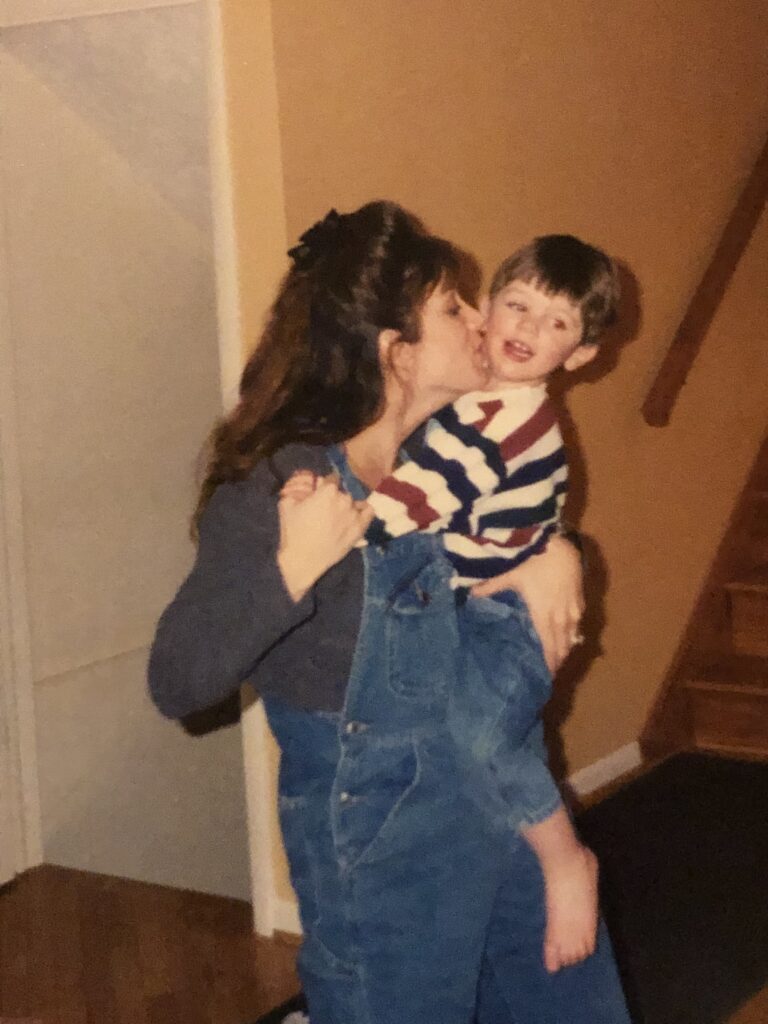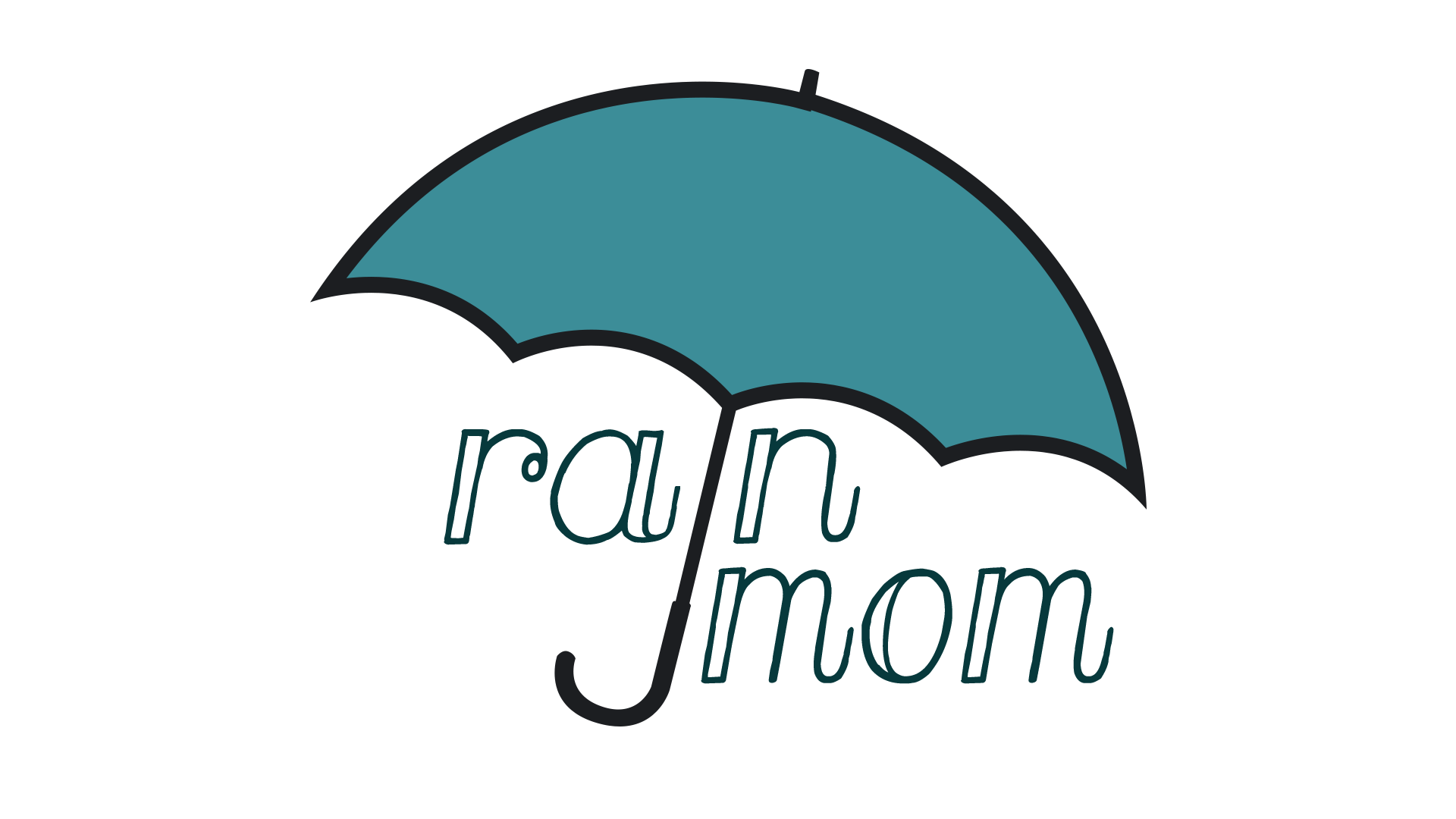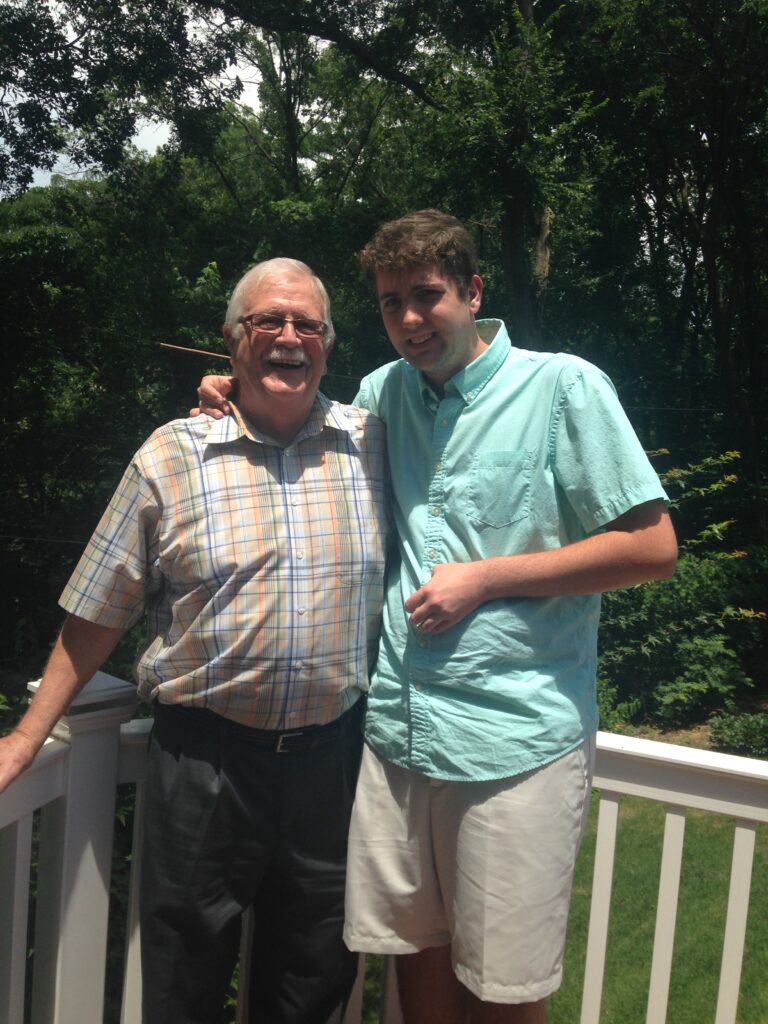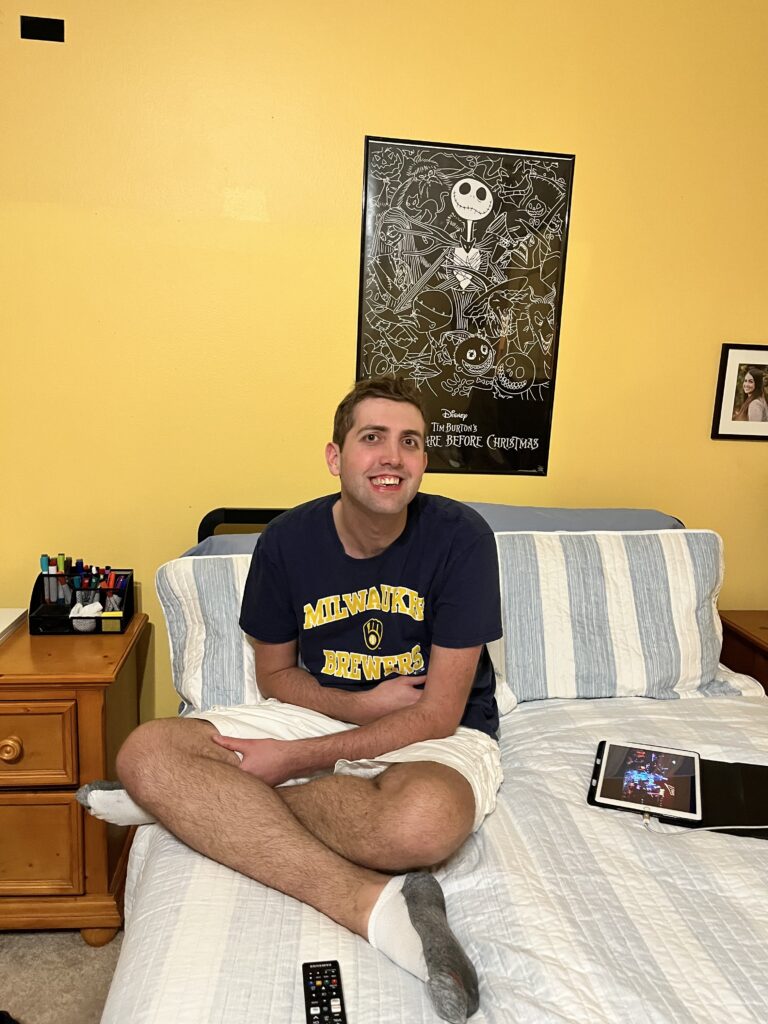
Will ABA Stay Afloat In The Rough Waters Of Controversy
By Kristi | Published | No Comments
Applied Behavioral Analysis or ABA has been a treatment modality used for decades and is still used today. For many parents like myself, it was one of the first recommendations given to me by numerous professionals and parents when Jonathan was diagnosed in 1998. Now 25 years later it has fallen under harsh scrutiny, criticism and controversy from parents, professionals and most importantly, autistics. Yet, there remain a large number of the aforementioned who are still in support of ABA. The question remains, will ABA continue to stay afloat or is it a sinking ship?
For those passengers unfamiliar with ABA, this therapy was first developed by famed psychologist B.F. Skinner, author of Behavior of Organisms published in 1938. His principles were implemented by Ivar Lovaas designing the first ABA therapy. The approach used robotic repetition of learning trials and administered punishment to teach autistic people new and appropriate skills. Early behaviorism used rewards and punishments equally to achieve desired outcomes. Until it became clear that rewards yielded greater success, changing the approach and practices. However, some ABA programs still use punishment, even pain to achieve desired results.
Which ship you board is quite personal, charted by research, experiences and desired outcomes. The water does tend to get choppy here for a variety of reasons. Research has come a long way, whether you are in favor of or against ABA. When Jonathan was diagnosed ABA was touted as the mother ship to aid parents raising autistic children. The benefits of ABA were impressive, and gave parents hope and direction, especially when little advice or assistance was given after the diagnosis. The advantages included increased language and communication skills, improved attention and focus, decreased problem behaviors and improved social skills to name a few.
Opponents of ABA, often autistic adults who experienced it firsthand, tell a different story. Many claim that it was abusive, harsh, provoked fear and anxiety. Some experienced corporal punishment— hitting, slapping even electric shock. Worst of all, it was an attempt to change them from their neurodivergent self into neurotypical, therefore ignoring their authentic self. Basically saying that being autistic is wrong and needs to be corrected. Diminishing self worth in order to be accepted.
While I’m not inclined to jump ship, I do see both sides. Jonathan started an in-home ABA program at the age of 4. In addition we incorporated Carbone and Floor Time. It was very difficult to find a speech therapist with autism experience and the few that were available stopped taking on new clients. It was hit or miss until Jonathan started kindergarten, when speech, OT and PT entered into the picture. And as most of us know that resource is limited given the large demand. So we added peer play, did a weekly social skills activity and Jonathan, like his neurotypical sisters, took swimming lessons, art camp, family vacations, etc. However most of his therapy was ABA. Here’s where my radar regarding ABA gets a bit fuzzy. Jonathan’s limited verbal expression and intellectual disability make it hard to decipher his radar— feelings and thoughts regarding ABA. We never used aversives during any therapy, his therapists were kind and loving, not only to Jonathan but to our family as well. I was always present and on days that Jonathan was overly tired or dysregulated, we opted for an activity of his choosing. Jonathan acquired countless skills and confidence, adapted quickly to changes in his daily routine and was outwardly happy and loving. He seemed excited by the learning as well as the challenges. In fact, many of the goals he has achieved I was told not to expect. My experiences are similar to many others who also incorporated an ABA program for their child. But I recognize they conflict with those who have very valid reasons not to drop anchor with ABA.
I’m hopeful that more emphasis will be placed on other therapies and alternatives, not just a few. So when parents are receiving that diagnosis for the first time, they will have more options to consider. I would also love to see more autistics in the field of education. Their insights and experiences would be invaluable supporting autistic children for successful outcomes and educating non autistics with best practices, strategies and an overall better understanding of teaching neurodivergent students. A ship for everyone to find safe harbor.
The controversy surrounding ABA is not likely to end anytime soon and neither will the opinions or experiences. You will find opponents and proponents among parents, professionals, therapists and even autistics. Recognizing and respecting individuality is yet another reminder one size does not fit all. Everyone won’t fit on one ship, but they don’t need to, there are many at the dock. Each with its own course and destination. The more we learn, explore, share, support and challenge each other, the clearer our own radar becomes.
Then it’s time to set sail and let your compass be your guide.






Leave a Reply